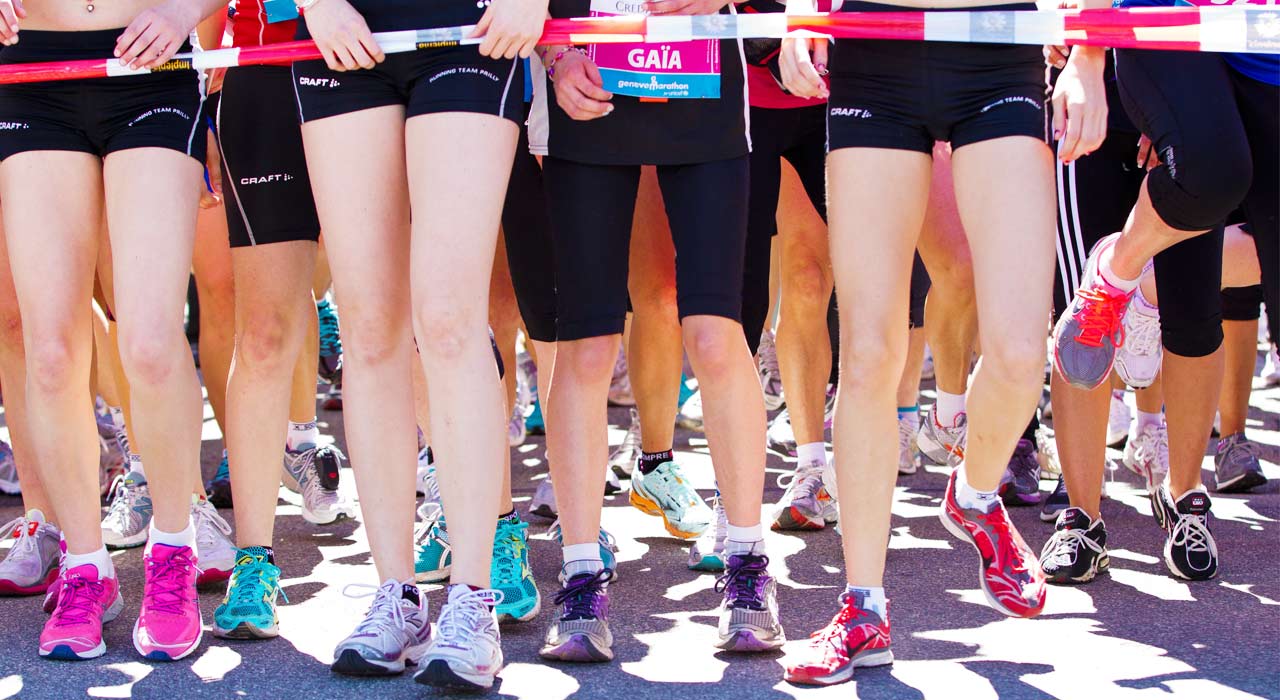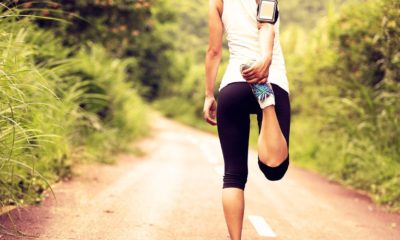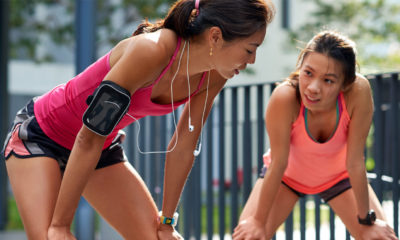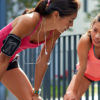Health
A Quick Guide To Post-marathon Recovery
The end is in sight. The Fall marathon season is nearly upon us and many of us will be in the final weeks of training after months of blood, sweat and tears. Whether you’re staying close to home, or travelling further afield, reaching the finish line should fill you with a sense of pride and achievement.
But you’re not quite done. The final stage of a marathon training plan should always be recovery. Recovery is essential for minimising your injury risk and skipping this vital stage can often inhibit your future performance. 26.2 miles put a huge amount of physical strain on the body whether this is your first marathon or your tenth. Your immune system will be down and your muscles will be severely fatigued.
Assess the damage that you’ve received immediately after your run and in the week following. If you’ve suffered a muscle strain or are feeling pain in a joint you may need advice or treatment. If pain or injury persists listen to your body and go and get this checked out immediately.
As a physio, I often see over-use injuries a couple of weeks after the marathon where runners have tried to get back into training too quickly. In the first couple of days after the event, you shouldn’t be doing any running. The most common concern which drives people to over-train too quickly is a loss of fitness, but there is little loss of conditioning during the couple of weeks you take off to recover. Keep active by doing gentle, low impact exercise such as walking or swimming to avoid straining yourself.
Because you will most likely be thinking about the pre-race right up to the start line here’s my quick checklist to make sure you don’t forget about the post-race recovery:
– RELATED: Are Anti-gravity Treadmills The Future Of Knee Rehabilitation? –
After the race
• Get out of your wet clothes and into warm dry clothes as soon as possible.
• Put your feet up for 10 minutes (i.e. lie on your back with your legs up against a tree) this will help reduced the build-up of fluid.
• Drink sugary drinks to get some calories and re-hydrate quickly.
• Assess any blisters or injuries. Make sure the blisters are clean and dry and if you have any muscle or joint pain get some ice or cold water on the area for 20 minutes every 2 hours.
• Eat properly balanced meals including carbohydrates and protein.
• And most importantly get a good night’s sleep.
The next day
• Avoid being in a static position apart for sleeping.
• Take a 15-30 minute walk or a gentle cycle.
• Continue eating properly balanced meals.
• Gently massage and stretch your calves, hamstrings, glutes and quads.
72 hours after
• After the first 72 hours you should be over the worst
• The earliest you should consider running is seven days but if you can hold off from running for 14 days and just do non-impact activities you will give yourself optimum recovery time.
For more recovery advice, sign up to the TRAIN for HER newsletter or check out Nuffield Health.






















